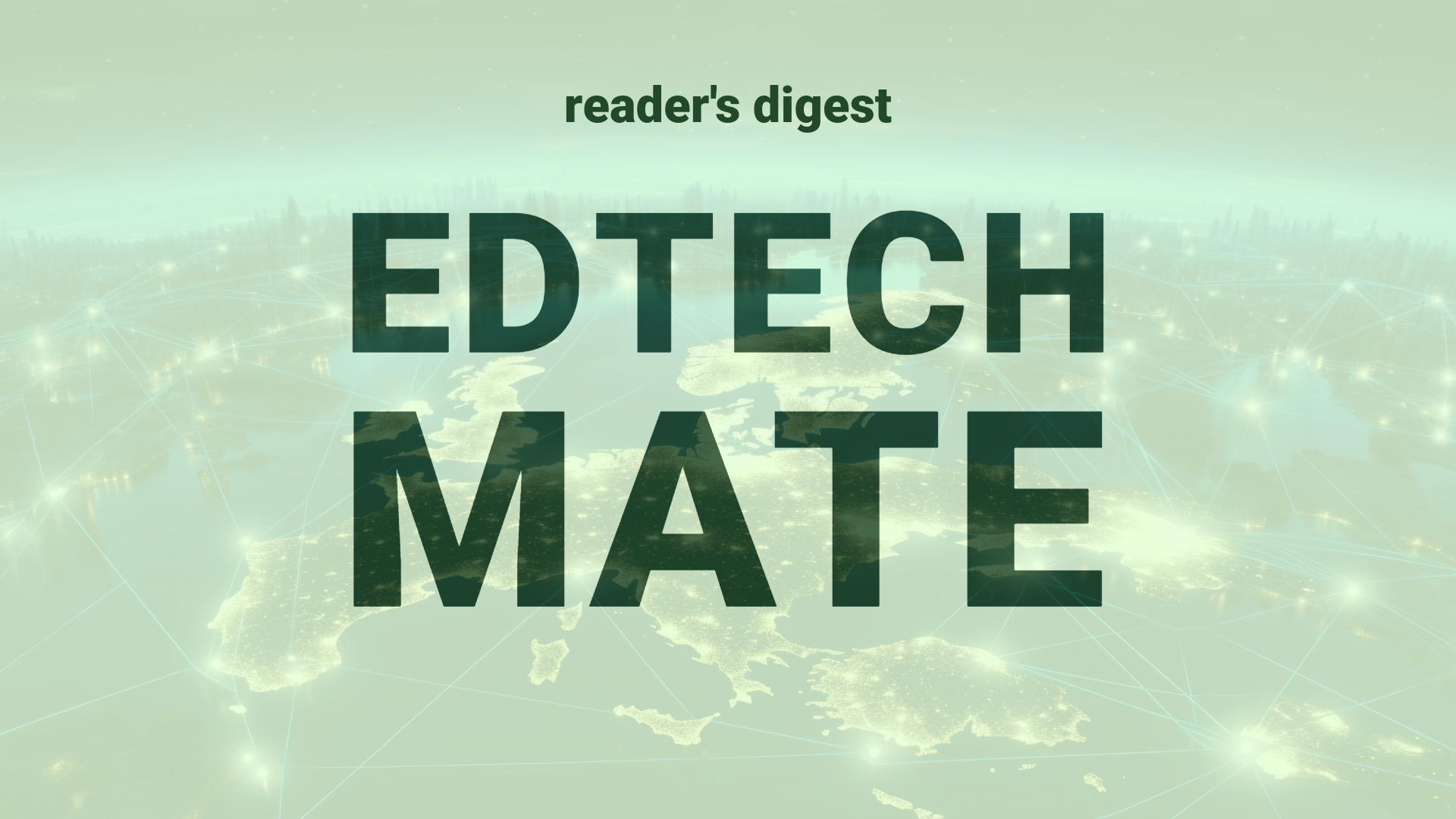Executive Summary and Main Points
The surge in large language models (LLMs) and the need for generative AI applications have led to the emergence of a new executive role in global enterprises – the Chief AI Officer (CAIO). Indian companies are restructuring to integrate the CAIO position, often merging it with existing roles such as Chief Digital Officer (CDO) or data science heads. This is in response to the changing regulatory landscape and the need for accountable leadership in AI governance. Market research indicates a rapid adoption of the CAIO role, with varying regional distributions. Notably, Indian enterprises may lean on current tech leaders to shoulder CAIO responsibilities due to a talent shortage, while others suggest a talent influx from startups to larger companies.
Potential Impact in the Education Sector
The introduction of CAIOs in enterprises can significantly affect Further Education, Higher Education, and Micro-credentials by fostering strategic partnerships and digitalization. CAIOs can guide digital transformation efforts within educational institutions, optimize data-driven strategies, and oversee AI deployments. This role could shape the development of new educational models, personalized AI-driven learning experiences, and curricula focused on emerging technologies. As AI becomes more integrated into education systems, the CAIO’s expertise may be critical in navigating ethical, regulatory, and operational challenges.
Potential Applicability in the Education Sector
Innovative applications for the education sector include implementing AI for personalized learning, automating administrative tasks, and analyzing academic trends to improve curriculum design. CAIOs in educational contexts could catalyze collaborations between tech companies and institutions, leading to AI-focused research labs and partnerships. Their role in fostering ethical AI use could also influence curriculum development on responsible AI practices, ensuring that future leaders in global education systems are equipped with the necessary acumen to navigate digital landscapes ethically and effectively.
Criticism and Potential Shortfalls
The CAIO role, while a step towards dedicated AI leadership, may encounter challenges, such as balancing innovation with privacy concerns and managing the complexities of AI ethics across diverse cultures. Lack of clarity in role definition could lead to overlaps with other C-suite positions, causing operational inefficiencies. Comparative international case studies might reveal gaps in the uniformity of AI governance practices, and ethical implications like algorithmic biases could be magnified in the global education context, affecting the fairness of AI-driven educational resources and assessments.
Actionable Recommendations
For current or future projects, educational leaders should consider creating CAIO-equivalent roles to spearhead AI initiatives, ensuring strategic vision and adherence to ethical standards. Institutions could establish AI centers of excellence to concentrate expertise and promote cross-departmental collaboration. To address skill gap challenges, partnerships with industry for micro-credentials in AI and leadership could be developed. Additionally, ongoing education for CAIOs and other leaders regarding global educational needs and cultural sensitivity should be prioritized to facilitate responsible and impactful use of AI in the sector.
Source article: https://www.cio.com/article/2069849/cdos-data-science-heads-to-fill-chief-ai-officer-positions-in-india.html

